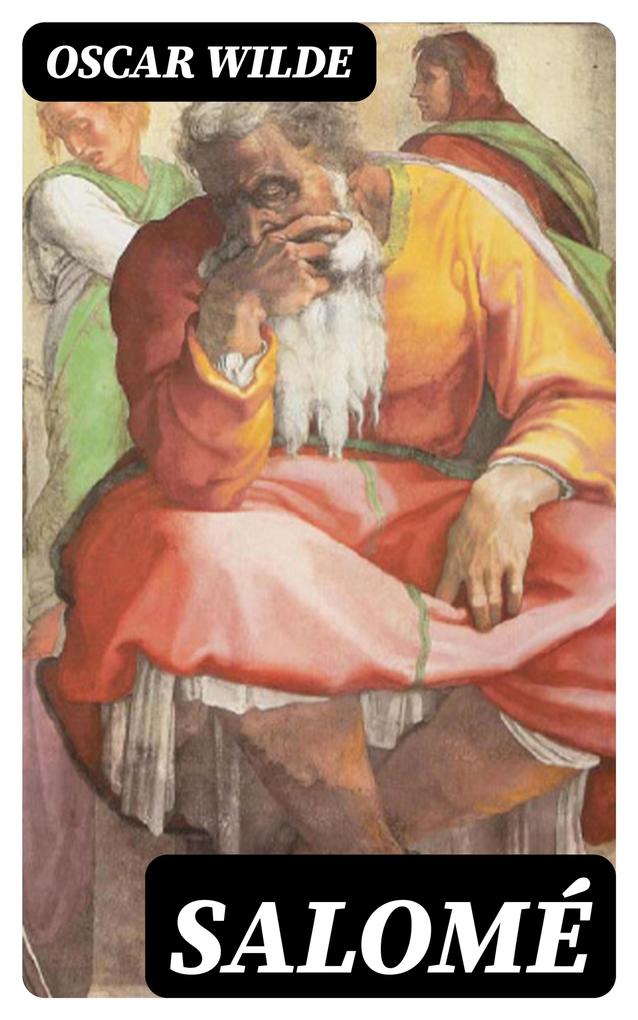
Sofort lieferbar (Download)
In "Salomé," Oscar Wilde presents a masterful one-act play that explores the intertwining themes of desire, power, and moral ambiguity through the lens of biblical history. Written originally in French and set in a lushly poetic style, the play dramatizes the infamous story of Salomé, a young woman whose seductive dance ultimately leads to the demise of John the Baptist. Wilde's nuanced use of symbolism and lyricism reflects both the decadence of the late 19th century and a profound commentary on the nature of obsession and retribution, making it a notable contribution to the Symbolist movement. Oscar Wilde, renowned for his wit and his flamboyant persona, was an influential figure in the world of literature and social commentary. His fascination with the themes of sexuality, art, and identity is evident in "Salomé," informed by his own experiences of societal constraints and personal struggles. Wilde's life, marked by both acclaim and tragedy, serves as a backdrop to his exploration of humanity's darker impulses, as well as the conflict between societal expectations and personal desires. This remarkable play is a must-read for those interested in the intersection of art and morality. Its rich language and complex characters invite readers to engage with timeless questions about desire and consequence, rendering it not only a pivotal work of Wilde's repertoire but also a profound inquiry into the human condition.
Produktdetails
Erscheinungsdatum
13. November 2022
Sprache
englisch
Seitenanzahl
51
Dateigröße
1,39 MB
Autor/Autorin
Oscar Wilde
Verlag/Hersteller
Kopierschutz
mit Wasserzeichen versehen
Family Sharing
Ja
Produktart
EBOOK
Dateiformat
EPUB
ISBN
8596547401773
Entdecken Sie mehr
Bewertungen
0 Bewertungen
Es wurden noch keine Bewertungen abgegeben. Schreiben Sie die erste Bewertung zu "Salomé" und helfen Sie damit anderen bei der Kaufentscheidung.









